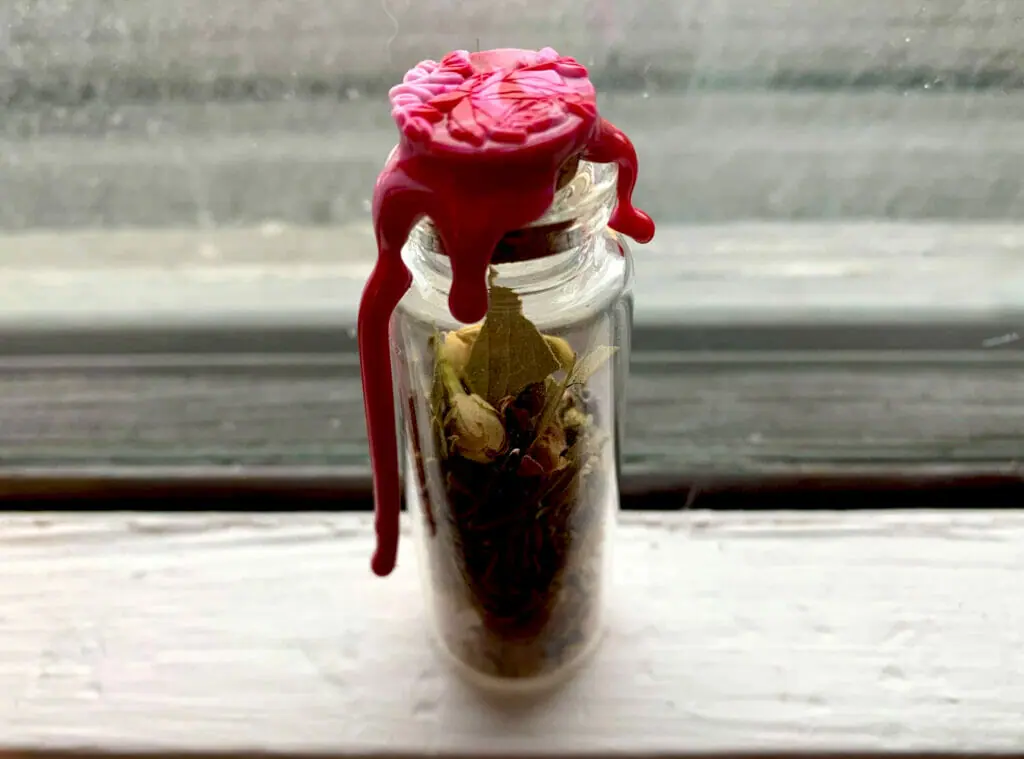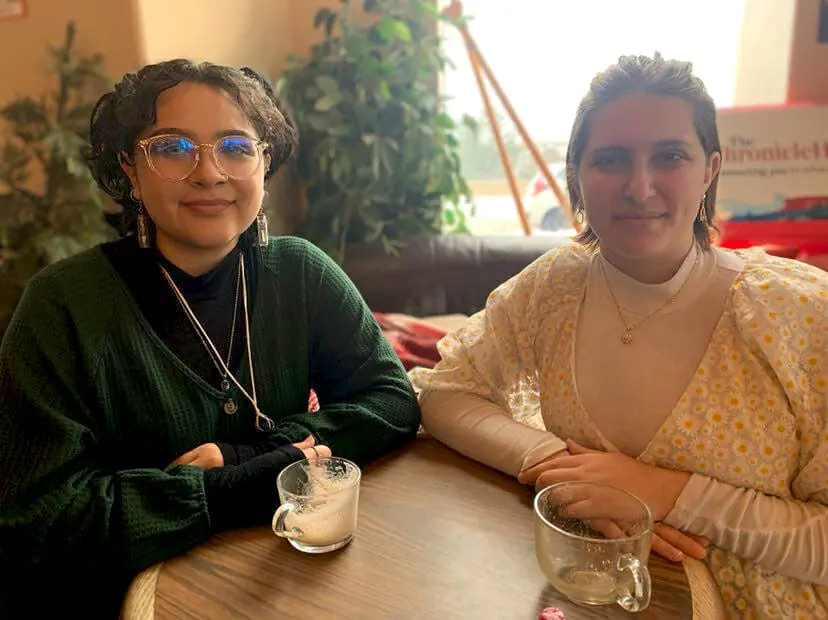Dalhousie University is now home to a witchcraft society, and they are teaching self-care, acceptance and of course witchcraft.
The Dalhousie Witchcraft Society, co-founded by third-year English major Olivia DiLeo, and third-year biology and neuroscience major Mariah Ierullo, was created to fill a void in Dal’s society circle for those interested in or practicing witchcraft. While the members wait for their official status as a Dal society to be approved, they are inviting students to learn more about witchcraft and what it means.
“I feel like a lot of the people I know, if they’re not dedicated to it, they’re interested in it. And they do want to learn more. And even just having resources all in one place, I think would be so useful for people starting out,” says Ierullo.
DiLeo defines witchcraft as “the practice of harnessing what the universe already possesses.”
“We are focused mainly on nature [and] natural forces, and so we use the natural properties and energies that already exist in our craft,” she says. “Witchcraft is used to practice new ways of self-care, from crystals and stones holding positive energies to cleansing and cleaning your space and energy. It’s not a replacement for modern options though, by that I mean it’s not along the lines of homeopathy or anti-medicine or vaccines.”
Future predictions
Ierullo and DiLeo have a clear vision for the society’s future. The society will serve as a social experience and educational resource for witchcraft practitioners at every stage, including those with no knowledge or experience.
Ierullo says, “Ideally with our society, we’d be able to bring everybody together, and just learn together and grow together, instead of kind of struggling and figuring it out, which I feel was what Olivia and I went through.”
The co-founders plan to introduce informational guides on herbs, videos on cooking, and workshops on a variety of topics including tarot and astrology.
The first meeting of the Dalhousie Witchcraft Society took place on Feb. 11, 2021 through Zoom. The meeting was announced through the group’s Instagram page. The turnout was small, but DiLeo and Ierullo say the member list is already growing.
Online coven
Due to the COVID-19 pandemic, most Dal society interactions are taking place online. To keep students connected and get information to members, the Dalhousie Witchcraft Society uses social media, and they want everyone to get involved.
“I think peer input is really important to us. It’s not a society for the three of us, it’s a society for Dal students,” says Hannah Bing, the society’s social media manager. Bing is a fourth-year University of King’s College student double majoring in journalism, and law, justice and society.
One of the major sources of information Dal students can look forward to is the society’s Instagram TV feed. Bing says the group will be posting a series of videos to engage society members. These will include lessons and conversations on different subjects.
Bing, who has an interest in tarot cards, will be hosting a mini workshop to show students what tarot is all about.
“I would really like to do a mini-tarot workshop to kind of introduce people to what I call the basics,” Bing says.
Some other workshops to watch for are astrology with DiLeo and cooking with Ierullo.
While the society is currently restricted from holding in-person events, they say students may see more offline events in the future.
“When [COVID-19 restrictions] ease up a bit. . . and the weather’s warmer, we’ll be able to have smaller events outdoors. We were talking about kind of like foraging, and art and anything you can kind of do outside,” Bing explains.
Shining light on an ancient practice
DiLeo explains those who practice witchcraft can have any or no religious beliefs. It is entirely up to the individual. She says there is also a lot of negativity associated with witchcraft and the society hopes to educate students on the positive side of this practice.
“I feel like the old kind of depiction of witches were evil, and that’s definitely not what we’re gonna be going for with this. It’s definitely more self-love, self-care, and then putting energies out into the world that you want to receive back to yourself,” says Ierullo.
When asked if students can expect to see magic in the society, Ierullo smiles and says, “In a way, yes, depending on how you view magic because what it is all about is, it’s kind of using energies.”
Ierullo says by combining different ingredients with an intention and certain energy for those items, a mixture becomes something with a new purpose, like a spell bottle.

When asked what sets modern witchcraft apart from the witchcraft practices from medieval times, DiLeo says there isn’t much of a difference, since it’s a very old practice.
“However, now I’ve noticed it’s more secular,” she says. “Most that practice witchcraft are not tied to an adjacent religion, paganism, etc. The concepts are more or less the same.”
Ierullo and DiLeo also describe different types of witchcraft, such as kitchen witches who channel energy into cooking, and green witches who claim to draw and exchange energy with the earth.
“The witchcraft that we partake in, and most people think of, is the one from Europe,” DiLeo explains. Her practices draw inspiration from primarily Celtic and pagan religions.
“I don’t know enough about other cultures forms of witchcraft to speak on them as they are closed practices. . . Things like hoodoo, voodoo, and many Indigenous practices are closed because they are culturally significant to them.”
Everyone is welcome
Any students interested in joining the society or learning more about witchcraft are invited to follow the society’s Instagram page. Future meetings and events will be posted online.
The society is still recruiting for executive positions, including outreach coordinator, treasurer, events coordinator and secretary.
“I just want our students to know that it’s a safe space,” says Bing. “If they are a master of witchcraft, they’re welcome. If they know nothing, they are welcome to come and learn. And we’re a very open society.”
Disclosure: Hannah Bing is a former member of the Dalhousie Gazette publishing board.


Recent Comments